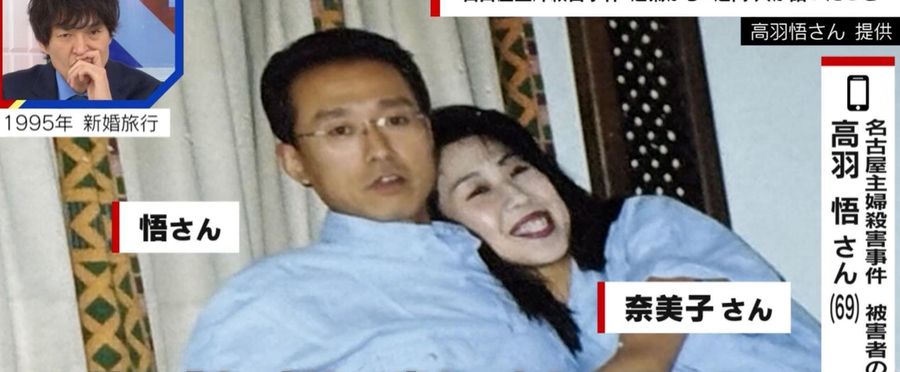A century-old Japanese murder case is back in the national spotlight as new findings suggest that the husband of the victim had placed undue trust in an old classmate, now identified as the possible perpetrator. The husband, long since deceased, had stood by his friend's innocence, however, modern investigative techniques are raising questions. This intriguing story from 99 years ago continues to stir public interest, studying the societal contradictions and complexities of the time.
In Japan, cold cases, particularly older ones, often spark public interest due to the unique societal context they reflect. The re-investigation aligns with Japan's stance on justice and societal values, symbolizing that no crime should be left unresolved. The story indicating misplaced trust strikes a chord with the Japanese concept of 'giri,' duty or obligation, which might have been manipulated in the case.
Unlike Japan, where older cases often become topics of societal interest, in the US and the EU, cold cases are typically reintroduced based on new evidence or significant advancements in forensic science. However, similar to Japan, these crimes also incite curiosity regarding societal behavior and justice systems of the past.

